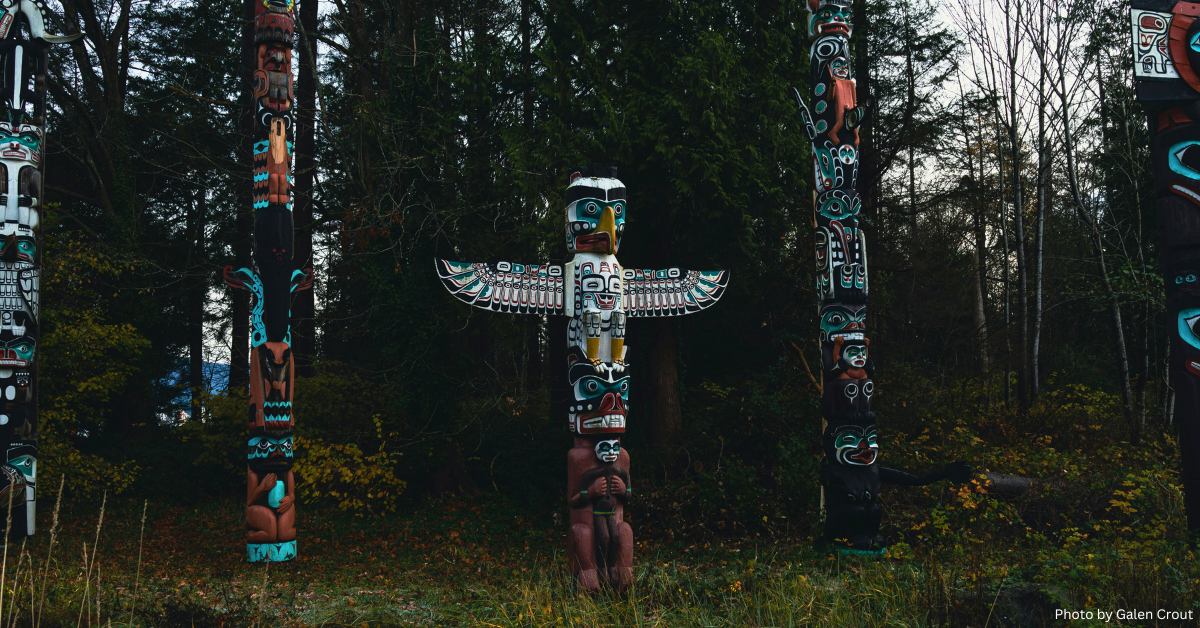
by Madison Fernway | Apr 18, 2024 | News, UVicSpace
March 13, 2024 | Yahoo! Finance via UVic News The Tula Foundation, a Canadian organization known for harnessing science and technology to tackle urgent public interest issues, recently received a significant financial boost. Founders Eric Peterson and Christina Munck,...

by Madison Fernway | Apr 5, 2024 | News, UVicSpace
March 28, 2024 | Toronto Star via UVic News Onowa McIvor, an Indigenous Education professor at the University of Victoria, emphasizes in a Toronto Star op-ed, the shared duty in reviving Indigenous languages, a key part of Canada’s history. Despite decades-long...
by ChristianS | Mar 8, 2022 | Events, Open education
Open Education Week 2022 is being held internationally from March 7-11. It is celebrated every year as a community-built forum to raise awareness and highlight innovative Open Education successes worldwide. It was first launched by Open Education Global in 2012. OE...
by Jennifer Ashmore | Jan 28, 2022 | Events, Open data
Love Data Week is an international celebration of all things data, scheduled annually in the week of Valentine’s day. Its aim is to engage community and increase awareness with events that highlight the prominence, value, and appropriate handling of data in our lives...
by Stephanie Boulogne | Oct 1, 2020 | Open access, UVicSpace
By Kl. Peruzzo de Andrade https://dspace.library.uvic.ca:8443/handle/1828/12159 An M.A. thesis in the Social Dimensions of Health Program. Abstract: This thesis documents and discusses the production of a film about the Gule Wamkulu Mask Dance, in the village of...




